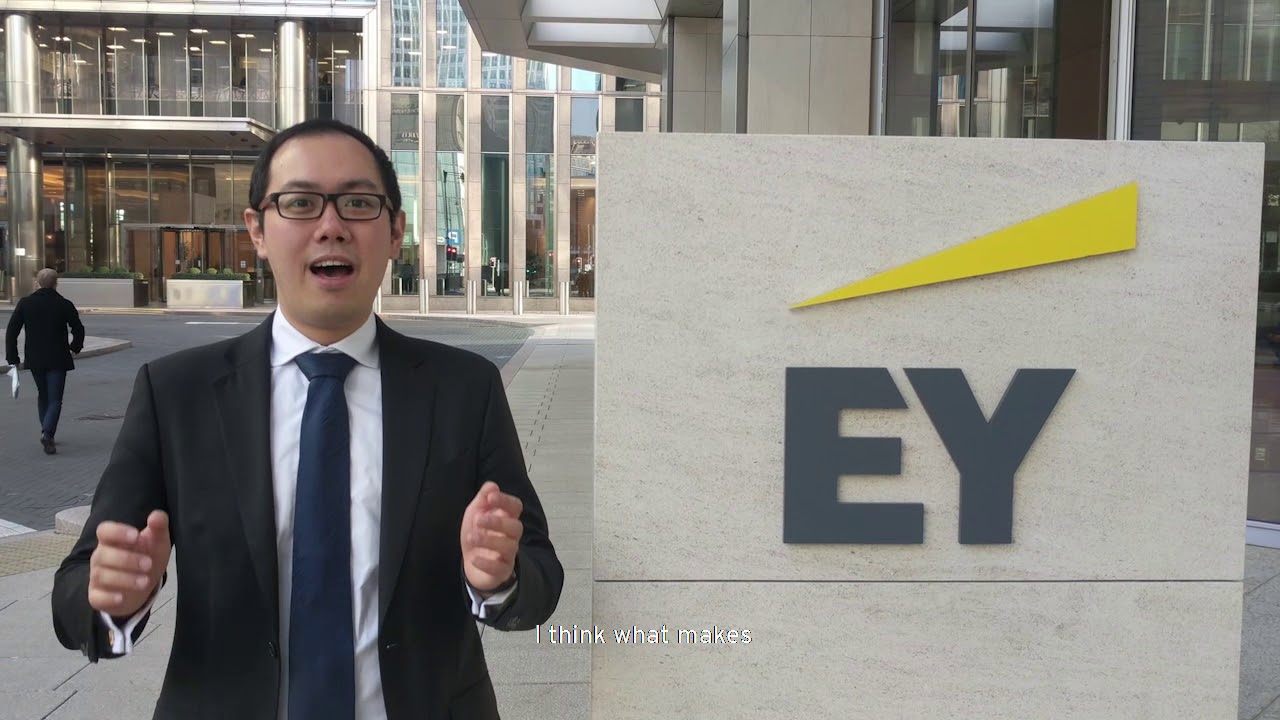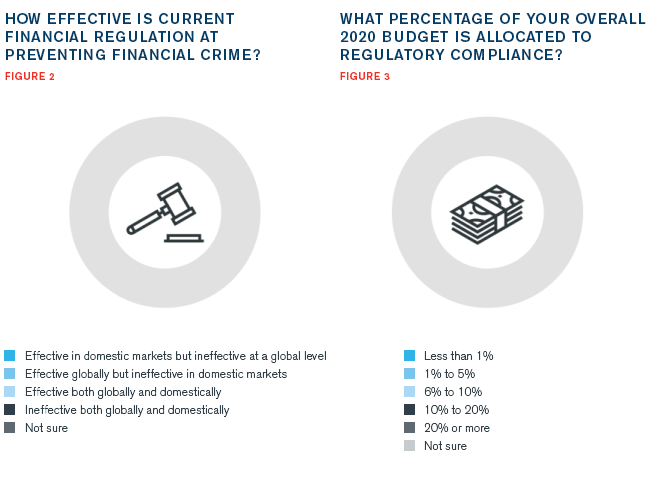
What does the word exact mean? It's not the same as the words estimate, guess and approximation. It can also refer to requesting money from someone. Money is often given reluctantly and under threat of force. A Mob could, for instance, demand money from an unsuspecting businessman. The Latin word exactus, a variation of exigere that means to forcibly out, is what gives rise to the word exact. This article will explore the meaning and usage of the word exact.
Latin exactus exactus exactus exactus exactus exactus exactus exactus exactus exactus exactus exactus exactus exactus exactus exactus exactus exactus exactus exactus exactus exactus exactus exactus exactus exactus exactus
Many Latin-based dictionary sources are available that will help you learn the language. Several classic Latin books are available on the market. Charlton T. Lewis’ An Elementary Latin Dictionary, and Felix Gaffot’s Dictionnaire Illustre Latin Francais are the most famous. Despite being more difficult to learn, they remain an excellent reference.
This helps businesses to manage costs
Cost management's main purpose is to plan a company's budget. A well-designed system will allow businesses to accurately estimate future expenses and allocate funds more efficiently. Cost management starts at the planning stage and continues throughout the project's life cycle. It is vital to establish a baseline of future costs. Additionally, it helps companies set spending limits as well as monitor their expenses. Proper cost management will improve a company's profitability and make it easier and more affordable to scale and expand.
Cost management begins with identifying the amount of resources required to complete a project. These resources can include staff services, time, and physical items. Cost estimation uses software to find out the costs of each resource. The cost estimate will list all the costs involved in completing a project. This information is important for business growth planning, as well as every financial decision. Once the cost estimate for a project has been calculated, a company can make decisions about how much money to invest in it.

Improves efficiency
Evernex's new software program allows them to efficiently manage their stocking locations. Evernex has a total of 850,000 stock items and 330 locations that they stock. Their software can manage all of these locations without any human intervention. It is a highly effective way to maximize the efficiency of your business. Find out how Evernex helps improve stock management in your company.
FAQ
What skills are required for consulting?
A consultant should have strong analytical skills as well as interpersonal skills. This is crucial because you might not be able to understand what you are doing when you work on complex projects. This is a must because you need to learn how quickly you can manage people.
Also, you must have great communication skills. Most clients expect an answer within 24hrs. They assume that you won't respond if they don't hear from them within 24 hours. It's important, therefore, to always keep them informed and ensure they understand what is going on.
What is the difference between a consultant and an advisor?
An advisor gives information on a topic. A consultant can offer solutions.
Consultants work directly for clients to help achieve their goals. Advisors advise clients indirectly via books, magazines, lectures and seminars, etc.
What tax do I have to pay on consulting income?
Yes, tax will be payable on any consultancy profits. This amount will depend on how much you earn each year.
If you are self employed, you can claim expenses in addition to your salary. This includes rent and childcare.
But, interest payments on loans, vehicle and equipment depreciation will not be allowed to be deducted.
You can only claim back 25% of your expenses if you earn less than PS10,000 a year.
You might be taxed even if you make more than the threshold depending on whether your income is contractor or employee.
Employees are generally taxed through PAYE (pay as you earn) and contractors through VAT.
What can I anticipate from my consultant
Within a few days of selecting your consultant, you can expect to hear back. They will request information about your company including its mission and goals, products, services, budget, and other pertinent details. They will then send you a proposal that outlines the scope of work and estimates timeframe, fees, deliverables, milestones and other details.
If everything is in order, then the parties will enter into a written contract. The type of relationship between them (e.g. employer-employee or employer-independent contractor) will determine the terms of the contract.
If all goes according to plan, the consultant will begin working immediately. The consultant will have full access to your files and resources. You'll also have access to their skills and knowledge.
Don't assume that someone who is a consultant knows everything. It takes time and practice to become an expert on any subject you consult. Your consultant should not assume that they know everything about you business.
Which industries use consultants
There are many different types. Some are specialists in one type or another of business.
Some consultants are limited to working for private corporations, while others can represent large corporations.
And some consultants work internationally, helping companies all over the world.
What type of jobs can a consultant do?
Consulting requires an in-depth understanding of operations and business strategy. You must also understand how businesses operate and how they fit into society.
A career as a consultant requires you have great communication skills and a strong ability to think critically.
Consultants must be adaptable because they may be asked to do different tasks at different times. Consultants should be able to quickly change their direction if necessary.
They should be prepared to travel extensively in support of their clients. This kind of work can take them around the world.
They should also be able manage stress and pressure. Consultants might sometimes have to meet tight deadlines.
As a consultant, you may be expected to work long hours. You may not get overtime pay.
What qualifications are required to become a consultant?
It is not enough to have an MBA degree. You must also have experience as a consultant. At least two years experience in training and/or consulting for major companies is required.
You should have had experience working with senior management to create strategy. This would require you to be comfortable with presenting ideas and getting buy in from clients.
Additionally, you will need to pass a professional qualification such as the Chartered Management Institute Certified Management Consultant (CMC).
Statistics
- "From there, I told them my rates were going up 25%, this is the new hourly rate, and every single one of them said 'done, fine.' (nerdwallet.com)
- Over 50% of consultants get their first consulting client through a referral from their network. (consultingsuccess.com)
- 67% of consultants start their consulting businesses after quitting their jobs, while 33% start while they're still at their jobs. (consultingsuccess.com)
- WHY choose me: Why your ideal client should choose you (ex: 10 years of experience and 6-week program has helped over 20 clients boost their sales by an average of 33% in 6 months). (consultingsuccess.com)
- According to statistics from the ONS, the UK has around 300,000 consultants, of which around 63,000 professionals work as management consultants. (consultancy.uk)
External Links
How To
What does a typical consultant's day look like?
The type of work that you are doing will affect the typical day. You'll spend your time researching new ideas and meeting clients.
You will often have meetings where you discuss issues and problems with clients. These meetings can take place over the phone, via email, online, or face to face.
The proposal is a document that outlines your ideas and plans to clients. You will need to discuss these proposals with a mentor or colleague before you present them to clients.
You will need to create content after all your planning and preparation. This could include writing articles, designing websites or editing photos.
You may need to conduct research depending on the scope of your project to find relevant statistics and figures. This could include finding out how many customers your company has and whether they purchase more than one product.
Once you have enough information, it is time to present your findings and conclusions to clients. You may give your findings orally or in written form.
After your initial consultation, you should follow up with your clients. You could phone them occasionally to check on things or send an email asking them to confirm that you have received their proposal.
While this can be a slow process, it's essential to remain focused and maintain good working relationships with clients.